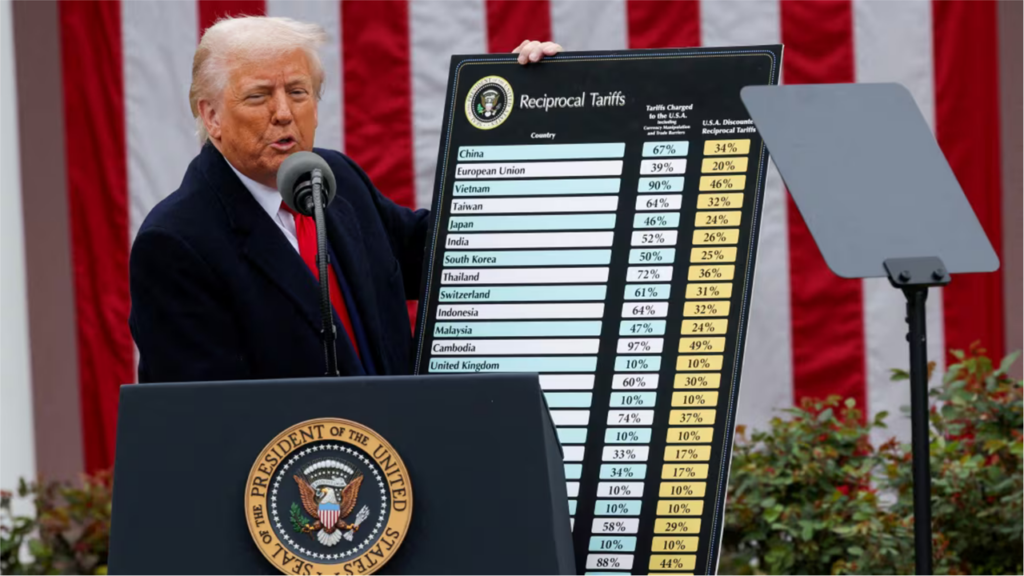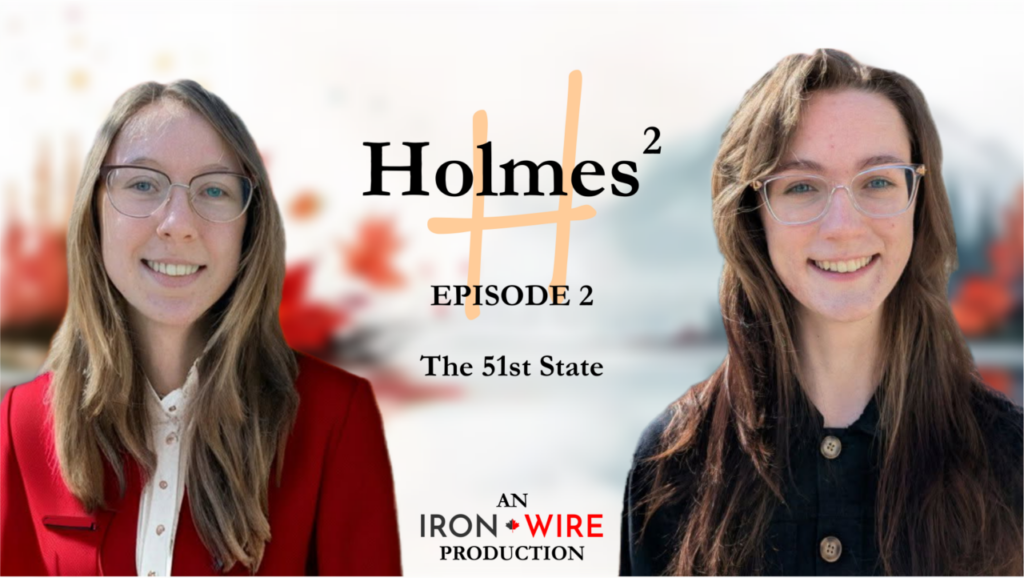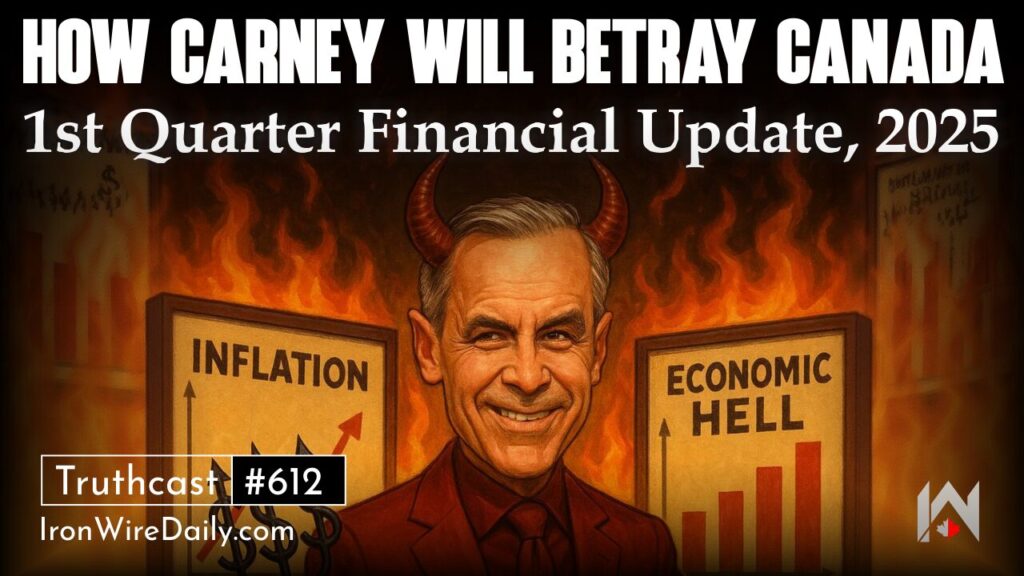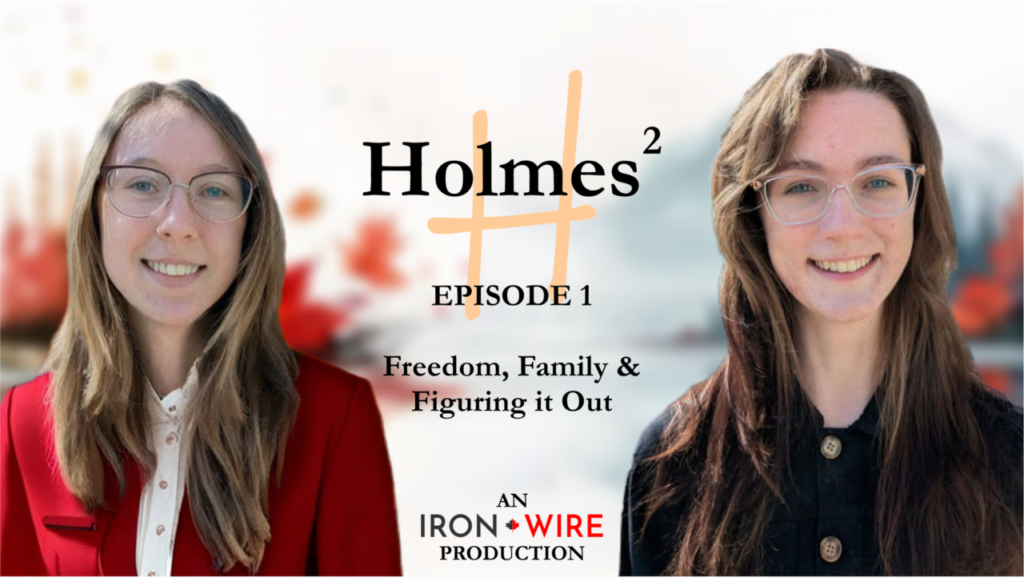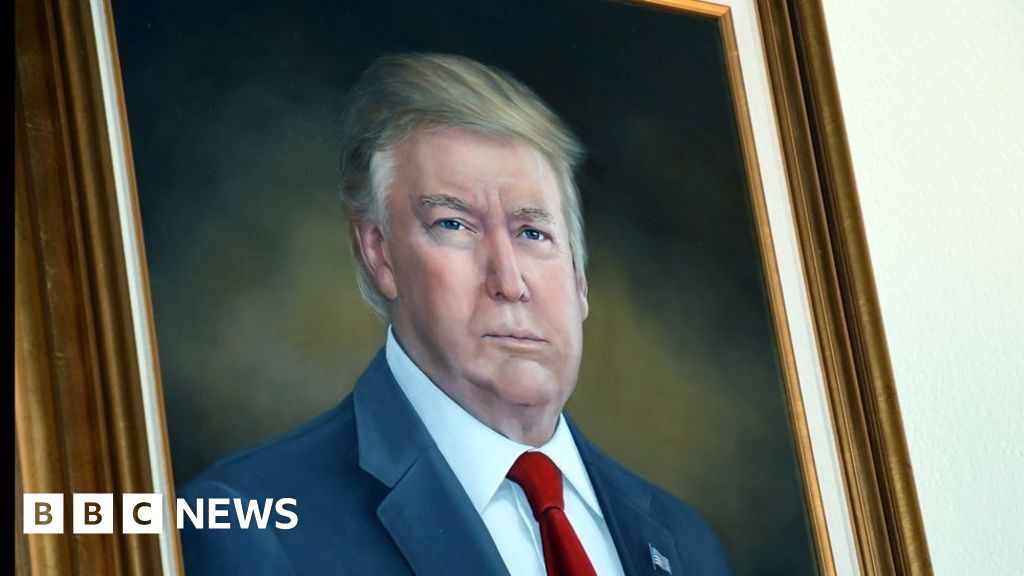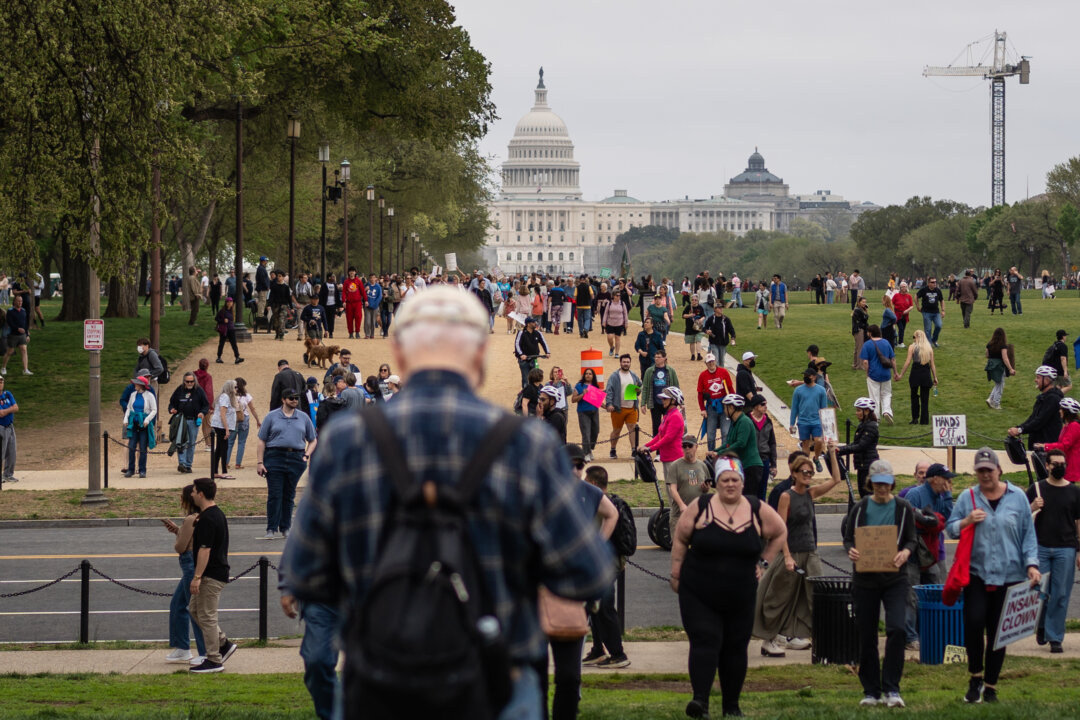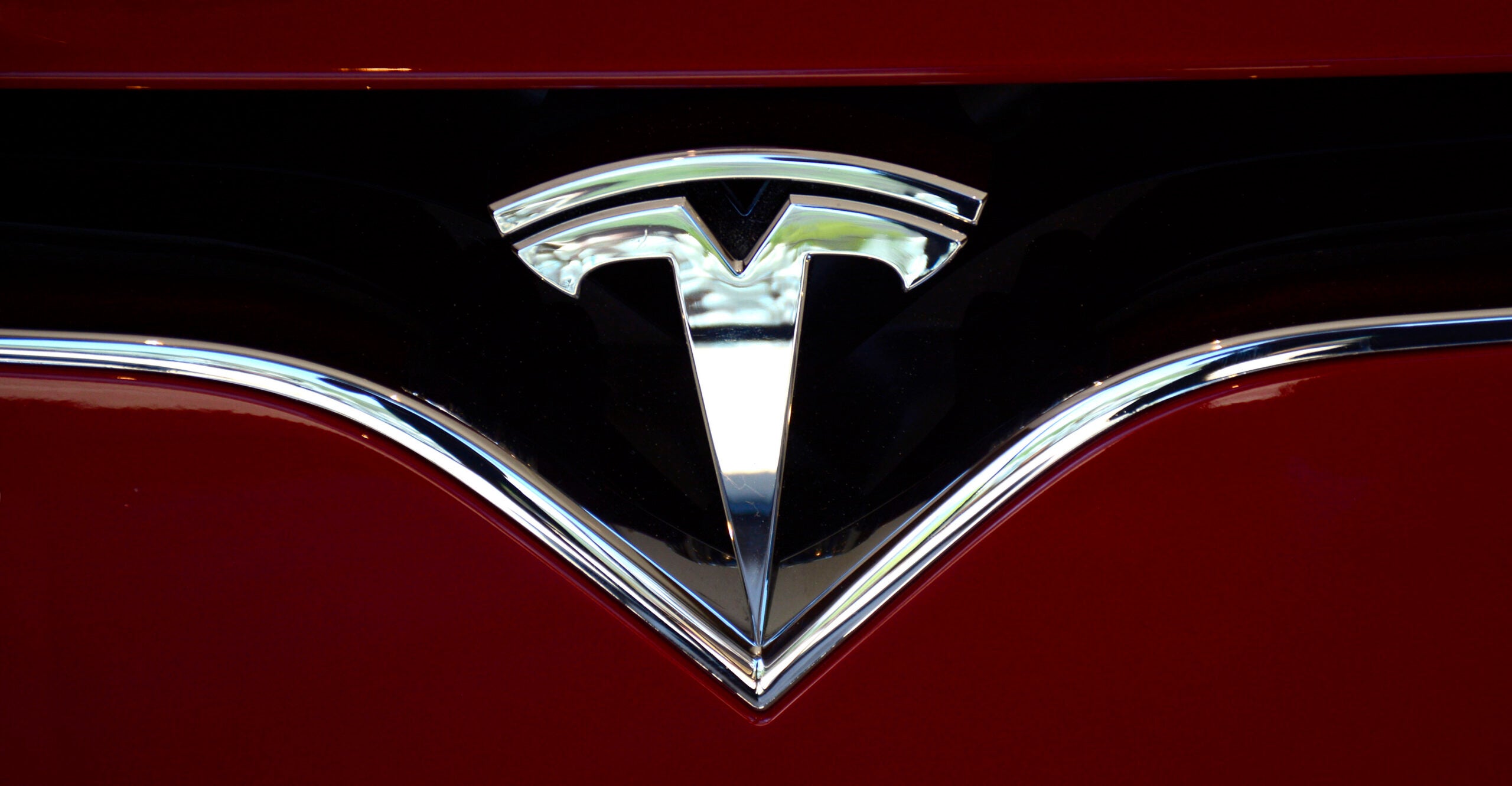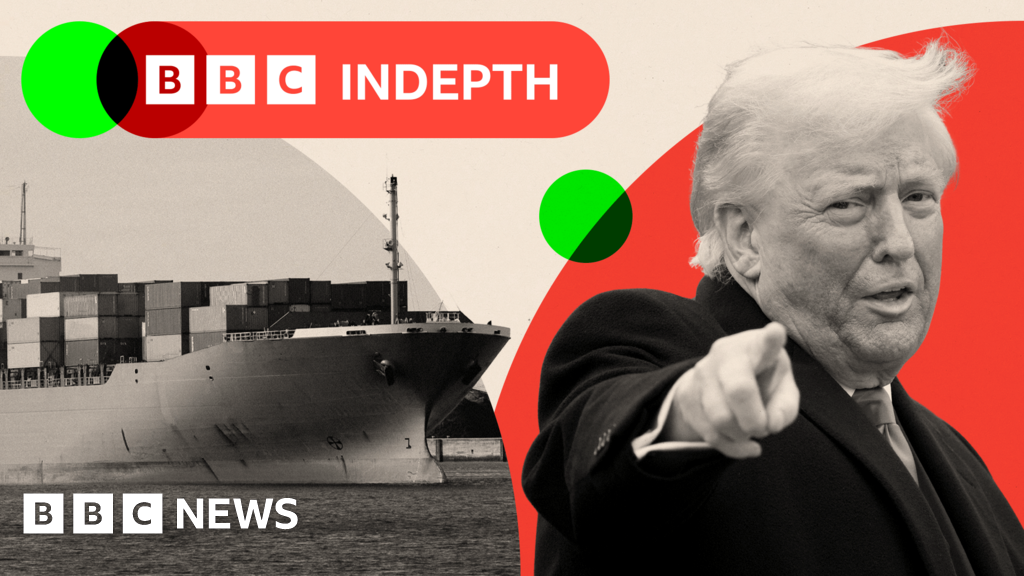Special Economic Zones: The UK government is replacing government with private corporations – The Expose
Special Economic Zones: The UK government is replacing government with private corporations
The UK has 74 deregulated Special Economic Zones and 12 Freeports, which are not strictly regulated allowing for potential misuse of state aid to favour corporations.
The manner in which the UK is implementing these SEZs enables corporations to self-regulate and gain significant influence over the public sector.
The UK government, now backed by Keir Starmer’s Labour Party, is partnering with corporations like Blackrock, granting them significant powers and paving the way for the privatisation of the UK, aiming to replace the government with “Sovereign Corporations” or “SovCorps,” writes European Powell.
Let’s not lose touch…Your Government and Big Tech are actively trying to censor the information reported by The Exposé to serve their own needs. Subscribe now to make sure you receive the latest uncensored news in your inbox…
What are Special Economic Zones?
Special Economic Zones (“SEZs”) are designated areas where business and trade laws differ from the rest of the country to encourage business activities and investment. These zones include freeports, greenports and investment zones, each tailored to support economic growth in specific sectors.
Read more: Special Economic Zones: A UK User Guide, CLES (the national organisation for local economies), 23 January 2025
Enterprise Zones are a specific type of SEZ in England. There are currently 48 operational Enterprise Zones in England, and similar policies have been adopted in Scotland, Wales and Northern Ireland.
The rapid establishment of SEZs with minimal local input has led to concerns among residents about lack of transparency, reduction in public consultation, and expansion of private sector influence without clear benefits to the local population.
Critics of SEZs, including opposition parties, trade unions, think tanks and economists, argue that these zones may be used as tax havens and could lead to money laundering and erosion of workers’ rights.
Despite these criticisms, the UK government has continued to implement SEZs across the country, with plans for new zones and extensions to existing ones.
Related: UK Investment Zones: Will the self-governing zones enable the abuse of rights?
The Deadly Grift of Deregulated Special Economic Zones
The grift of deregulated Special Economic Zones is that they are set up to help developing countries achieve a stable economy and alleviate poverty. State aid (which is public money) is used to kickstart a country’s economy.
The EU has 82 SEZs but these are strictly regulated to stop governments of member states from giving State aid (public money) as profit motives to corporations. The European Commission enforces this to ensure a level playing field in the EU’s single market, preventing member states from distorting competition by favouring their own industries.
State aid under WTO rules provides a mechanism for members to challenge them if they harm trade interests, often through dispute settlement or countervailing duties. Article 107 of the Treaty on the Functioning of the European Union says that if State aid distorts competition or the free market, it is classified by the European Union as illegal state aid.
[Related: It’s time for the EU to reverse its SEZ ban, FCi Intelligence, 16 February 2023]
The UK now has 74 deregulated SEZs plus 12 Freeports initiated by Sunak and Truss, signed off and now fully backed by Keir Starmer’s changed Labour Party.
[Related: Who benefits from Freeports and Special Enterprise Zones? Sussex Bylines, 7 May 2024]
Brexit ensured that the UK left the EU’s regulatory orbit for a laissez-faire approach to economic growth by installing a corporate political model which allows companies to self-regulate under Adam Smith’s “invisible hand.” This is crucial to understanding why the UK’s public sector is now being eclipsed by corporations such as US’ BlackRock, which has launched an ‘Infrastructure Imperative’ and is making serious incursions into the public sector.
On 21 November 2024, Keir Starmer casually announced on Twitter a government partnership with Blackrock.
Lord Evermore (with Starmer’s support) announced during a webinar with 700 corporate lobbyists that they were to be given “governance powers” while the UK government would take a “secondary position.” This was music to the lobbyist’s ears, as for decades think tanks like the International Energy Agency (“IEA”), The Heritage Foundation, Policy Exchange, and the ATLAS Network (a right-wing think tank that creates right-wing think tanks) have sought to dismantle big government by breaking it down into more “manageable pieces,” and where better to do this than in deregulated free zones?
Free zones carve out regions of a country and set up a deregulatory framework within their boundaries. This is tailored specifically for corporate hegemony and in the most extreme cases with separate laws from the host country, these are branded as “localised freedoms.”
Devolution in this context is synonymous with deregulation, collective sovereignty (people power) is replaced with corporate sovereignty (the asset classes power).
When Starmer, Reeves and Rayner talk of removing the “regulatory burden, stopping the blockers and cutting red tape,” they are following the neoliberal playbook to the letter. It should be noted that the UK’s 86 free zones, unlike Thatcher’s SEZs, are now embarking on something they couldn’t do when the UK was an EU member – that is give public money to their corporate friends to facilitate economic growth for the 1%.
The fact that those on benefits, those struggling to live from paycheck to paycheck, those juggling two or more jobs, those facing council tax rises and astronomical energy bills will be expunged in the same way that the left were expunged from Starmer’s changed Labour Party is anathema to these ghouls.
 European Powell is a pseudonym for David Powell, a Welsh artist and political activist who lives and works in The Hague. Through his writing, he aims to raising awareness about the post-Brexit corporate takeover of the UK by the investor classes, often referred to as the “network of liberty.”
European Powell is a pseudonym for David Powell, a Welsh artist and political activist who lives and works in The Hague. Through his writing, he aims to raising awareness about the post-Brexit corporate takeover of the UK by the investor classes, often referred to as the “network of liberty.”
Featured image adapted from ‘Freeports and Investment Zones: Where did they end up, and where are we going?’ Deloitte, 28 July 2023

While previously it was a hobby culminating in writing articles for Wikipedia (until things made a drastic and undeniable turn in 2020) and a few books for private consumption, since March 2020 I have become a full-time researcher and writer in reaction to the global takeover that came into full view with the introduction of covid-19. For most of my life, I have tried to raise awareness that a small group of people planned to take over the world for their own benefit. There was no way I was going to sit back quietly and simply let them do it once they made their final move.


